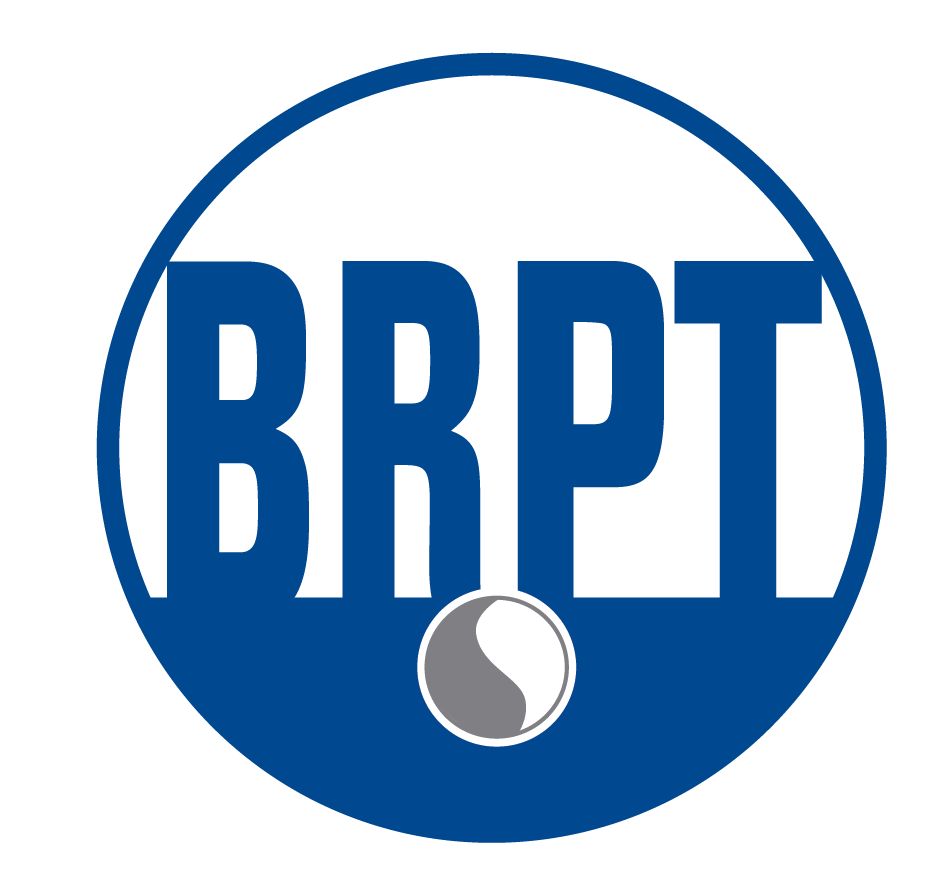In March, members of the BRPT Executive Committee had the privilege of attending World Sleep 2022 in Rome, Italy. More than 2,300 people gathered for the 16th World Sleep congress to attend, present, and connect with the best in sleep medicine and research. Sleep professionals from more than 60 countries traveled to Rome, marking an exuberant return to in-person meetings on the international sleep stage.
The International Landscape
While the BRPT, World Sleep and the European Sleep Research Society all offer sleep technologist examinations, education to become a sleep technologist varies widely throughout the European countries. Depending on the country, programs range from on-the-job training to a multi-day course followed by a final exam, to a four-year degree in EEG technology. In most countries, a credential is desirable but not mandatory. And, in some countries the technologist role is very broadly defined wherein a professional will perform multiple types of neurophysiological examinations – not solely sleep-related. We, and our international counterparts, agree the shortage of sleep technologists and sleep labs is a worldwide problem. Further, the path to entering the field of sleep technology is murky at best.
Technology Abounds; Patient Education Is Critical
There were many different forms of sleep-related technology showcased at the conference from an array of Home Sleep Apnea Testing (HSAT) devices, wearables and apps to the use of Artificial Intelligence (AI) to help technologists more precisely synthesize and decipher the data.
We firmly believe that now, more than ever, patient education is a critical component of success. Patients need help deciphering their sleep disorder, why it’s important to treat it, what treatment options are available and which is the right one for their particular diagnosis. It’s our job as seasoned sleep professionals, to help patients navigate the best treatment plan for them and to help them be successful.
Here in the United States, we’ve heard from many CCSH credentialed sleep professionals who play an important role in a variety of settings. For example, CCSH credentialed staff help guide the patient through the identification, diagnosis, and treatment care plan. As we see the advancements in technology and data from AI enabling a faster route to treatment, the CCSH ensures the patients understand and buy-in to their treatment plan. The role of the CCSH and educator is an integral component not only to the long-term success of patient outcomes, but is an important evolution of the role of sleep technologists.
World Sleep was a fantastic opportunity to speak and meet with sleep leaders across the globe. We left excited and energized to continue to pool our collective experiences and knowledge to further the important conversation of expanding and facilitating the role of the sleep tech and ensuring there are enough sleep labs around the world to accommodate the growing number of patients. And in doing so, together we will help those with sleep disorders live longer, healthier, lives.
